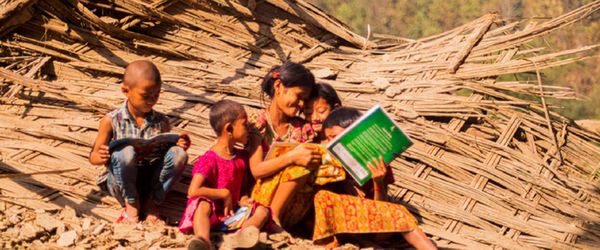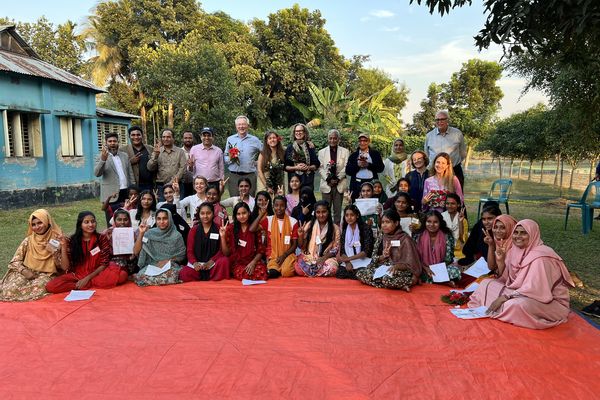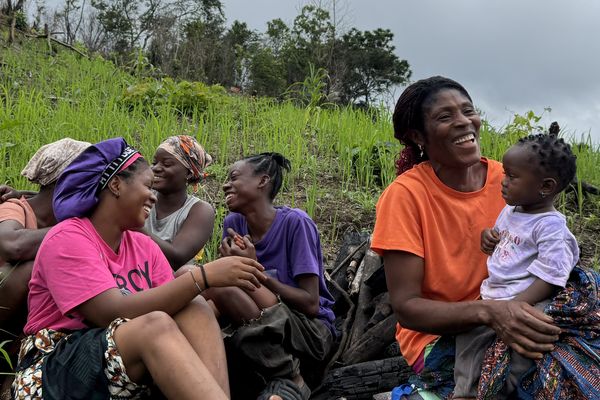Pockets of extreme inequality are particularly prevalent in hard-to-reach regions in Bangladesh.
Entire communities often lack access to basic services and economic opportunities. There may be no schools for miles. Accessing clean drinking water or healthcare can be constant battles. These isolated regions are vulnerable to natural disasters and often left out of mainstream socio-economic development initiatives, and challenges are exacerbated by poor connectivity and generational cycles of inequality.
BRAC’s integrated development program partners with communities right up to the last mile, in areas such as haors (wetland regions), chars (riverine islands) and plainland indigenous communities. Wetland regions in Bangladesh stay submerged for more than half of the year, ever-shifting landscapes of riverine islands hinder better chances of livelihoods, education and healthcare, and indigenous communities are located in isolated regions cut off from mainstream services. Challenges are diverse and unique to each region.
Our integrated development program replaces the web of exclusions with comprehensive support, comprising education, health, financial, livelihoods, community empowerment and legal aid, with the knowledge that, without all of them, none of the services may be effective in making change. Prioritizing women and girls in all the services is a key objective, both as an end unto itself and as a means to end inequality.
We have taken the same approach in BRAC’s Graduation model, a globally recognized solution proven to break the poverty trap. Graduation offers an integrated pathway towards self-sufficiency for people living in extreme deprivation. It addresses not only income poverty, but social isolation, health, and crucially, poverty of hope and dignity. The holistic, time-bound approach takes participants through a sequenced set of interventions to help them achieve milestones, such as having savings or multiple sources of income. Researchers from the London School of Economics found that 93% of participants had maintained or increased their income, assets and consumption seven years after entering the program. Studies from multi-country evaluations since identify Graduation as one of the most effective ways in the world to break the poverty trap.
A holistic approach - BRAC’s way of development - focuses on the long-term development of human potential. Our experience shows that, when people can access tailored and multifaceted services, we can change the status quo, for good.



